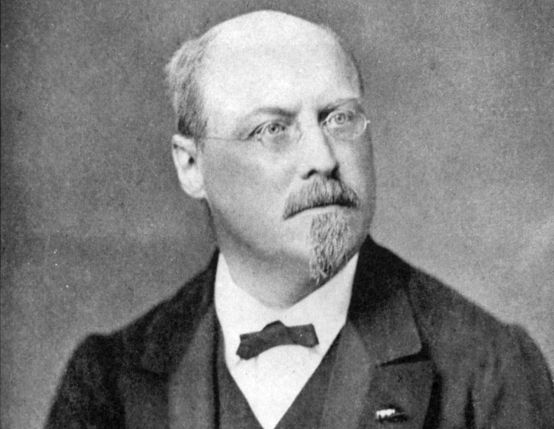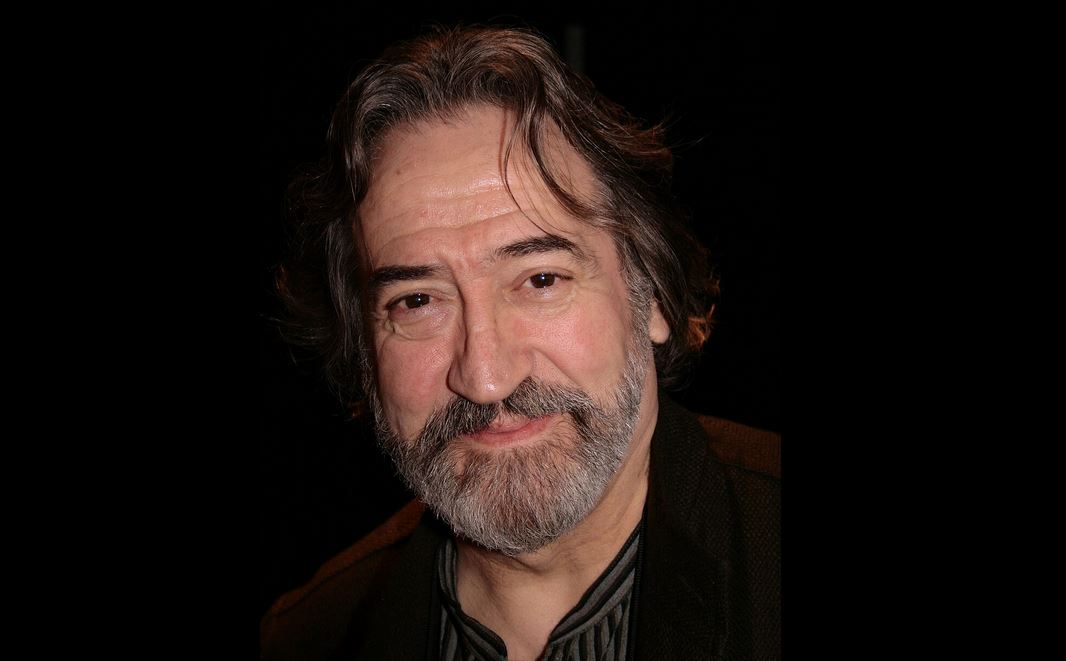Thank you, Peter Hagmann
The eminent music critic shaped the NZZ arts section for many years. He was interested in the fullness of life in music. He died on June 5.

"And the finale piles up to shattering greatness in the passacaglia and then truly 'morendo' in the coda. It all seems so oppressive because the Zurich Tonhalle Orchestra gives its best, and as we know, that is no mean feat. A world-class evening; thank you, Bernard Haitink." So wrote Peter Hagmann in 2008 in the Neue Zürcher Zeitung (NZZ) about an evening with Shostakovich's 15th Symphony conducted by Haitink. Title All life lived; the choice of words careful and precise, the view sympathetic, comprehensible, the judgment clear, the gesture meaningful. And perhaps it is precisely in such a review that the complexity of the unfortunately declining institution of "music criticism" is revealed in the most beautiful way.
Among the critics in German-speaking Switzerland, Peter Hagmann was the one who achieved the widest reach and he was well aware of his position at the NZZ and committed to it. He was the only one of us who had what it took to be a major critic, and he performed this office with dignity and a sense of tradition, but he was anything but stiff, as he was able to react with passion and emotion, and sometimes even with anger. He wrote about this with both originality and elegance, independent in his expression of opinion. Smiling, he recounted how German colleagues had once reproached him: "You Swiss always have such a different opinion."
He started out in Basel. He was born there on April 13, 1950, grew up there, studied musicology there and completed his doctorate with a thesis on Welte-Mignon reproduction pianos and organs. After all, he had also obtained an organ diploma, so he knew the subject from practical experience. In 1972, he began working in Basel as a concert and opera critic for the National Newspaper and the resulting Basler Zeitung. In 1986 he moved to the NZZwhere he worked as an editor from 1989. His concert and opera reviews from Zurich, Switzerland and abroad, his reports and interviews are countless.
After retiring in 2015, he continued his work with Wednesdays at twelve on his website - a "blog for classical music. For art music in the emphatic sense. For old music, for the classical-romantic music of the great repertoire, for new music". With pride and a certain defiance, he wrote that he sees this blog "as a counterpoint to trends in the printed media, in which music criticism is treated as a fossil, considered obsolete and in many places marginalized, if not abolished. Anyone looking for music criticism can find it on this website." He remained curious and interested, even though he observed developments in the media landscape with skepticism. The Zurich music critics often sat together as colleagues and discussed what was going on, openly and without competition. We always found Peter to be an approachable and attentive interlocutor.
He has also taught at music academies, worked as an expert and sat on juries. Together with Erich Singer, he published the book Conducting is a riddle about Bernard Haitink. This volume of conversations and essays about a musician to whom he felt close was his last major publication: "The Dutch conductor was at all times solely concerned with the music, with bringing the work of art laid down in the score to life through the act of interpretation," wrote Peter Hagmann in his obituary of Haitink. And that is what he was also concerned with, beyond all recognition: continuing a tradition, not according to an ideology, but energetically out of life. Hence the emphatic title All life livedthat is so typical of him. Until the very end. In March, he was still discussing the world premiere of Beat Furrer's The great fire. Peter Hagmann has now died after a serious illness at the age of 75.








